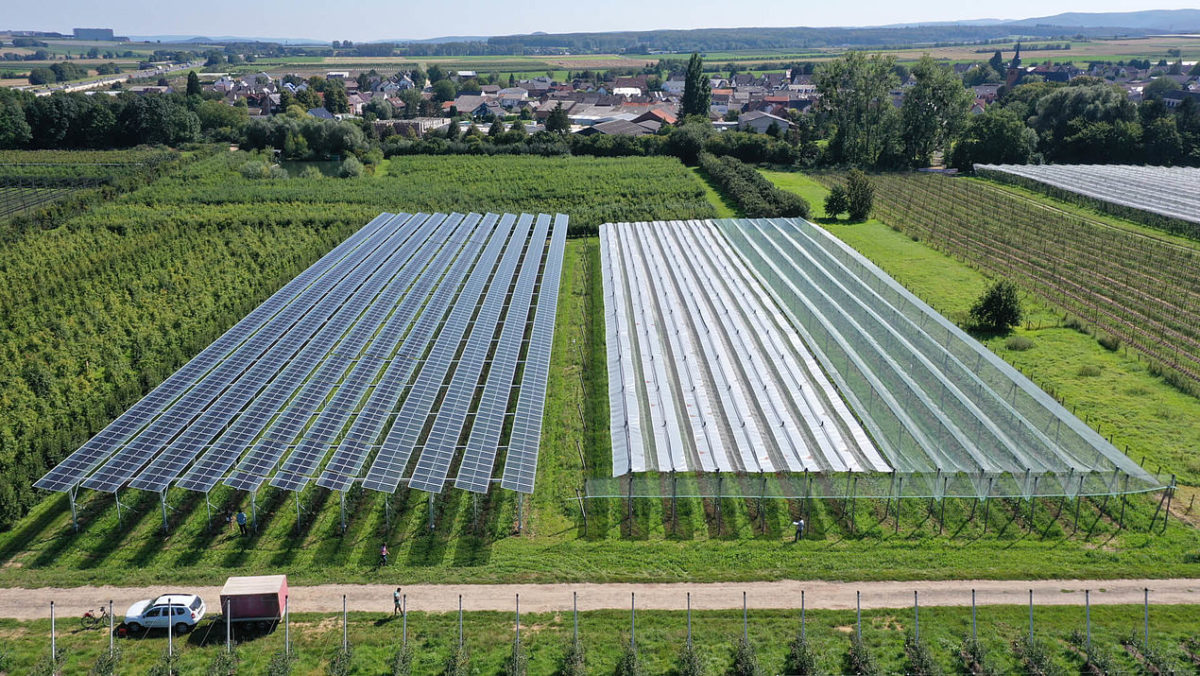Romania’s president has promulgated a new law to substantially simplify the permitting process for the development of renewable energy projects on agricultural land.
The move follows the Romanian parliament's adoption of amendments to Land Law No. 18/1991 in June. The changes allow PV, wind, biomass, bioliquid, biogas, storage projects, and transformer stations to be built on plots of agricultural land that are less than 50 hectares in size.
Such land must fall under fertility classes III, IV, or V, with I denoting “very high fertility.” However, it remained unclear after the amendments if the development of small-scale projects still required a zonal urban plan (PUZ), which is one of the most time-consuming stages of the permitting process.
“The entire industry expected that the PUZ would no longer be required for such projects,” Mihaela Nyerges, Partner at law firm Nyerges & Partners told pv magazine. “However, despite the non-unified practice of the local authorities, the general interpretation was that PUZ was still mandatory. Such interpretation was based on the fact that, although not expressly required by the Land Law, PUZ continued to be a requirement for the issuance of the building permit according to the general construction and urbanism legislation.”
Now, the new law removes the PUZ requirement to develop renewable projects occupying less than 50 hectares of agricultural land, with fertility classes III, IV, or V. An amendment to Constructions Law No. 50/1991 also establishes that such projects do not need to present urbanism documentation to be developed. Once the law goes into effect, the only permitting requirements for the aforementioned projects will be building permits and approvals to remove specified land from the agricultural circuit.
“This amendment is a huge breakthrough, as it may reduce the duration of the development process by up to nine months,” said Nyerges.
The new law and respective amendments do not apply to renewable projects exceeding 50 hectares of land, or land with fertility classes I or II.
“Nevertheless, this PUZ process is still blocked at the level of the Ministry of Agriculture and Rural Development, which refuses to issue its mandatory PUZ endorsement,” said Nyerges.
Romania has completely halted approvals for projects covering more than 50 hectares, according to Nyerges. The country might limit large-scale solar to projects covering less than 50 hectares. Nyerges estimates that such projects would probably not exceed 42 MW in size.
The new law will soon be published in Romania’s official gazette. It will go into effect within three days of publication.
This content is protected by copyright and may not be reused. If you want to cooperate with us and would like to reuse some of our content, please contact: editors@pv-magazine.com.



5 comments
By submitting this form you agree to pv magazine using your data for the purposes of publishing your comment.
Your personal data will only be disclosed or otherwise transmitted to third parties for the purposes of spam filtering or if this is necessary for technical maintenance of the website. Any other transfer to third parties will not take place unless this is justified on the basis of applicable data protection regulations or if pv magazine is legally obliged to do so.
You may revoke this consent at any time with effect for the future, in which case your personal data will be deleted immediately. Otherwise, your data will be deleted if pv magazine has processed your request or the purpose of data storage is fulfilled.
Further information on data privacy can be found in our Data Protection Policy.